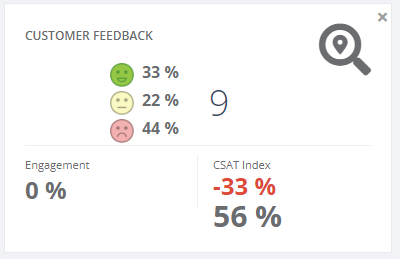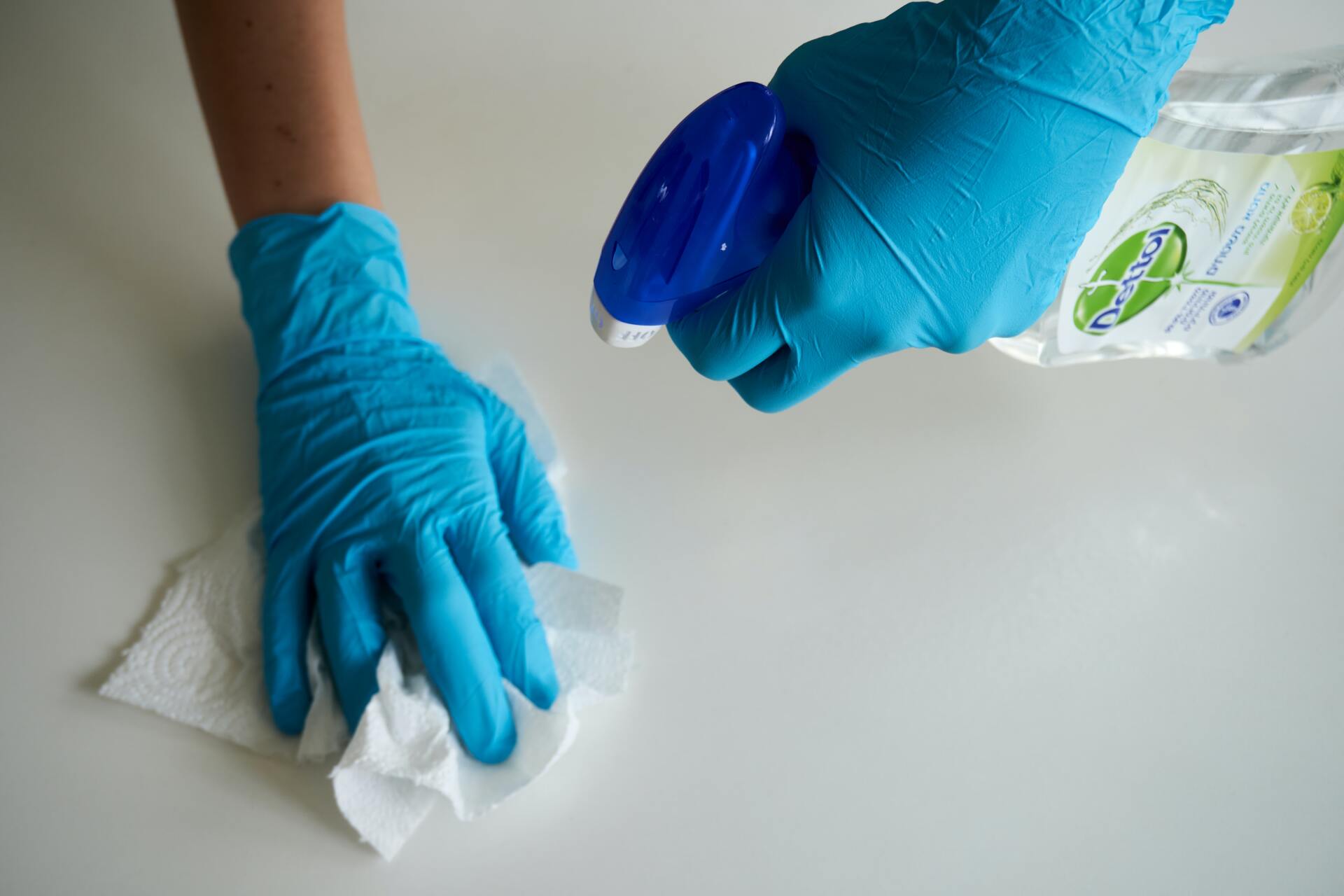Technology Spotlight: Peter Stock
Clenetix • 6 April 2021
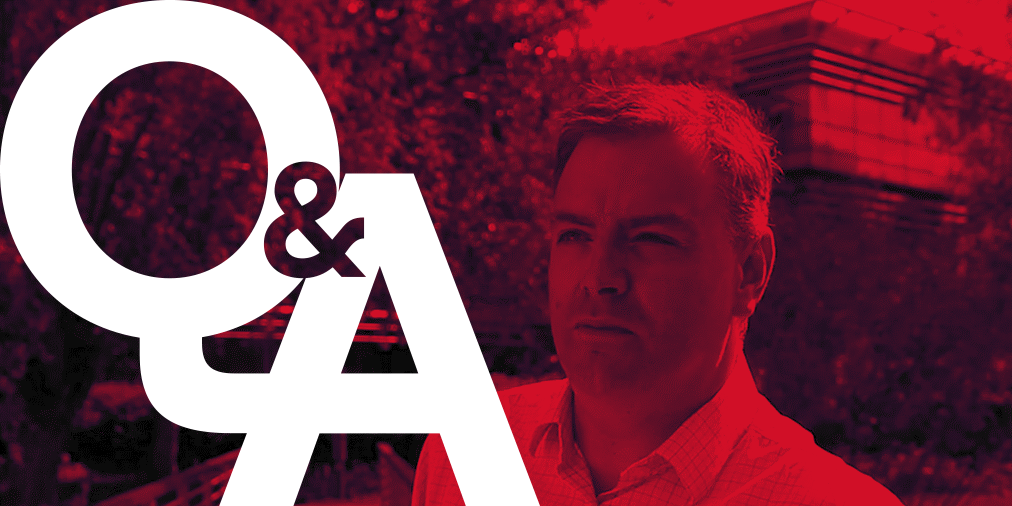
A look at technology in FM and how it has evolved and can help elevate the cleaning industry
Can you tell us a bit about your background in FM?
I came from working with trading systems with blue chip companies. I started as a systems administrator for a technical analysis company and over 10 years, I worked up to CTO and COO of a group company. It was there that I really gained an in-depth understanding of data and analytics. This was before big data and analytics had such a buzz around them, so it was a great head start for me. I was looking at neural networks and connected data a long time before we had heard of Artificial intelligence (AI), Big Data and the Internet of Things (IoT).
Over the years, this tech has become more efficient, fallen in cost, and become easier to use, so it’s become more accessible to organisations. I moved to working for a healthcare company and began looking at how FM worked throughout the organisations, from doctors’ surgeries up to trust level. I moved from there into FM tech, developing soft services technology. Finally, I took all of that knowledge and experience to build Clenetix.
Tell us about your love for technology? How did it begin?
My first foray into computing was back when I was 13 or 14. My dad did some training through the Open University - a fundamentals in computing course. I think it was watching the work he did and hearing him talk about it that got me engaged. I was really interested in machines and tech long before the internet.
At 14 I was looking after the school networks and backups with my IT teacher. I was aware of most major computing platforms and learned everything I could about them. It was those skills that got me my job at the analytics company initially.
I think what I enjoy the most is that you take a problem and find a solution. That’s satisfying. But then you iterate, find a more effective way of doing it, and keep improving and building. You’re always working within cost constraints but that adds another interesting problem-solving element.
Looking at how far things have come in just a few years or a decade is the perfect example of that iterative process. Back-up processes used to take 16 hours and staff carrying them out would have to go home late and work weekends. Now I can automate an entire system in just a few weeks and I don’t have to work weekends to do it.
What makes good technology? How do you develop something good?
There are a few different factors that make technology “good” and it’s about more than just making something that works. It has to work in the right way, in the right context and of course, within budget. You can automate processes and collect data but if the outcome of that doesn’t actually improve your activities, there’s no point. It has to serve a real purpose rather than just look impressive. “Good’ technology starts with a problem and either solves it or finds a way to do something more efficiently.
I think to understand and create great tech, you have to build it so it will scale and grow with the client. Where does it sit in that system? What problem does it solve? Who will be working with it? You need a blend of tech and know-how alongside the right platform. Tech doesn’t work on its own.
What have the main challenges and opportunities been in Tech for the FM sector?
I think that the main problem in the tech industry is that everyone talks a good game, but people so often don’t follow through. They don’t innovate where they should. They don’t use tech to its full potential. Instead, a lot of tech is designed to look good and include anything new and exciting. It needs to be designed for optimal user experience.
The cost point has to be right, of course. The tech has to be autonomous of the environment in which you use it – you shouldn’t have to connect it to old systems. That makes it vulnerable to updates and refits. Tech is an attempt to wow clients and it should be a fundamental way of achieving and outcome.
How do you see the future of cleaning? Do you see the workforce changing the way it operates?
We need to see a change in mindset. We still see price generally based on square footage without any consideration of what the service covers. We really need to be more cognisant in the post-Covid era. Costing needs to be based on resource consumption, for example. Tech can be used to guide this. We use tech to build a picture of what space we have, how it is used, and how we can really direct cleaning in the most efficient way. This can have a huge impact on finance.
There’s a lot of talk in FM about smart buildings and integrating tech. Is this needed?
It’s definitely something that can be great in the right context but don’t just dive into it unthinking. Like I say, with tech, it’s about solving problems, not having the newest, shiniest thing. You need to balance cost and control. What are you achieving and how does that change the provision? What does the tech cost to install and run, but also, how can that save you money in the long-term? You need to take a comprehensive approach.
What’s your vision of the return to work? What will be high on the list of priorities for customers?
The products we’ve created have been designed specifically to create safer, cleaner workplaces so our aim would be for clients to allow this tech to guide them. We should be able to make people feel more secure and trusting of their environment. You have to remember that workplace health goes beyond physical health – wellbeing is important too. If we can provide reassurance, then that can reduce anxiety and improve mental health.
I think that we will see changes in BCC and RICS advice on how often cleaning should take place. A huge role for all FM providers will be helping their clients adjust to this so I hope that firms tend towards doing so in a data-led way since this will be the most reliable option.
It will be interesting to see whether there is a culture of ambulance chasing as people return to the workplace. Certainly, organisations will have to take greater accountability for the health of their staff.
How much more do you think people will value frontline professions like cleaning?
Cleaners are the unsung heroes of the pandemic. They are the first line of defence against the virus. They’ve been working directly with the surfaces and areas that are highest risk. Each one of them is someone’s family member, a mother, father, daughter, son, sister, brother. They’ve had to change their lifestyles to protect themselves and their loved ones and they have put themselves on the frontline to keep us all safe in the environments with interact with. People have recognised that and it’s so vital we don’t forget it moving forward.
What do you think the cleaning industry has learnt from the pandemic?
We won’t know for sure what any industry has learnt until we truly emerge from the pandemic. We will find out what changes really stick and what people forget about once it’s no longer in the news. That said, I’m very hopeful that the industry has learnt that it needs to evolve. It needs a voice and to use its expertise to educate clients on approach and capabilities.
This is a critical time. I hope we see a change in the mindset so that these services are no longer commodified and sold to the cheapest provider. Cleaning is about keeping us safe, well, and happy. To do that, we need the technology to clean effectively, efficiently, and transparently.

The Clenetix mobile app is an innovative solution designed to improve cleaning routines through a sleek and user-friendly interface. It streamlines the documentation of cleaning activities while offering a range of valuable features. Key functionalities of the Clenetix app include Time & Attendance tracking, Task Management, and Quality Auditing. Users can also access an interactive Knowledge Base and review Activity & Notification logs, providing a comprehensive understanding of their workspace's status and interactions. The application leverages Bluetooth beacons and QR codes to confirm the successful completion of various activities, including time and attendance tracking, task execution, and quality audits. This technology ensures that results are accurately documented and that activities are conducted at the designated locations. All collected data is accessible via the Insights Portal, which provides a real-time overview of ongoing and completed activities, durations, and consumables used. Users can configure the portal to send cleaning instructions through push notifications directly to cleaning staff's smartphones when capacity limits are reached or service issues arise. This data-driven approach enables the analysis of cleaning schedules, enhances operational efficiency, improves functional accuracy, optimizes consumables management, and identifies opportunities for cost savings and service enhancements. Get ready to showcase your cleaning capability like never before!

These two contract wins are a testament to Clenetix's commitment to providing innovative and effective cleaning technology solutions that help businesses of all sizes operate more efficiently and deliver exceptional service. We look forward to continuing to work with these businesses into and beyond 2024. If you need an innovative cleaning software provider, please reach out to Clenetix.
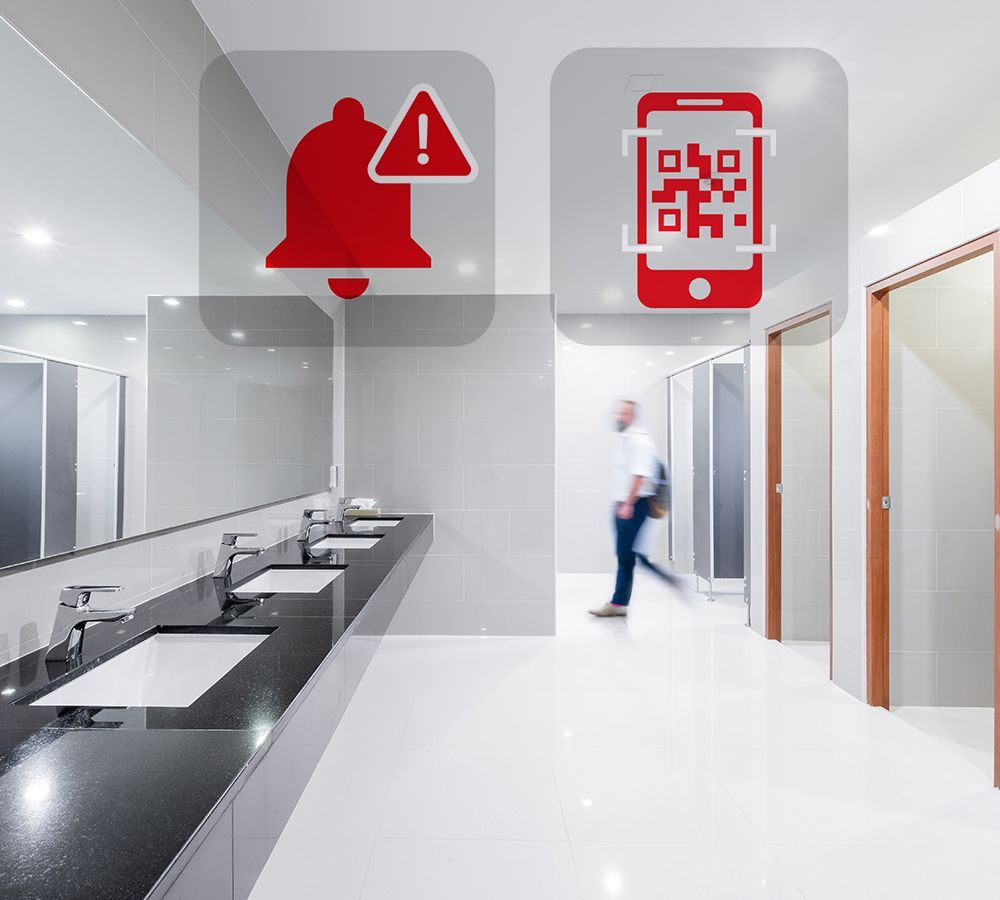
Cleaning software specialist Clenetix has introduced two new features for its modular software-as-a-service (SaaS) solution. The Alerts feature has been introduced to give automated, proactive insight into day-to-day cleaning operations, and QR codes offer additional deployment options to customers.

A forward thinking FM company in the middle east has appointed cleaning software specialist, Clenetix, to provide a full complement of services including task and quality, indoor air quality (IAQ) and footfall monitoring. Clenetix’s services have been deployed at one of the biggest infrastructure projects currently underway in the region on a rolling contract. Following a successful deployment at two initial sites the specialist software is expected to be rolled out across other sites over coming months and years. Clenetix was appointed because the cleaning management software was cost effective and simple to deploy without the need for the Clenetix team to visit the sites. Clenetix clearly demonstrates cleaning is delivered to quality standards whilst eliminating time consuming reporting. The software as a service from Clenetix also identify trends in usage of these remote sites, increasing productivity buy targeting cleaning schedules when most needed. Peter Stock, co-founder and director at Clenetix says: “We are thrilled to be working in the middle east providing added value to the service provided by our customer for a major client. The end client embraces smart city technologies which at the heart of the Clenetix service. Data driven services leads to saving time and making cleaning processes more efficient with complete transparency is what our software is all about. Clenetix will help achieve significant efficiencies and improve service delivery.” -ends- About Clenetix Clenetix is a software-as-a-service (SaaS) solution designed especially for the cleaning industry. Delivered via mobile application, the modular solution enables time & attendance monitoring, activity tracking, task list management, quality audit management and footfall tracking. Clenetix Last Cleaned gives users up to date information about when a location was last cleaned. www.clenetix.com
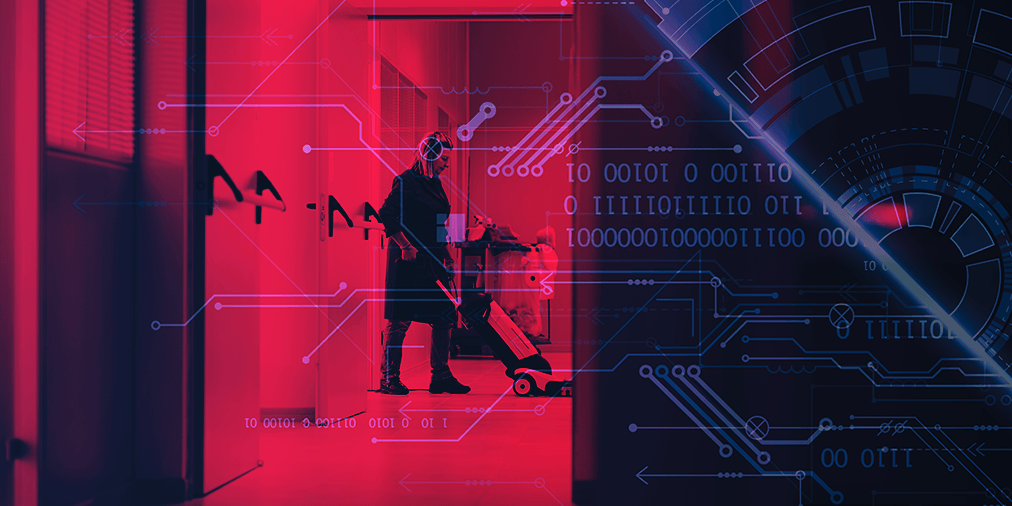
The workplace has been changing for many years and the pandemic has only increased the focus on the “future of the office”. Technology has always been a key indicator of that change and a survey from McKinsey found COVID-19 has sped up the adoption of digital technologies by several years. While not surprising, it will be interesting to see which of those technologies are here to stay. With so many organisations investing in digitisation and embracing a hybrid approach to work, it can be tempting to jump on the bandwagon of the newest, shiniest solutions. This will be exacerbated by the change in outlook that the pandemic has brought. After more than a year of being so health-conscious, employees will want to return to workplaces that are obviously clean and well-maintained. Having expensive technology on-show is an easy way for employers to demonstrate that they care about their workplace. But it isn’t always a worthwhile investment. What to look for in great technology As we move out of the pandemic, organisations must take a step back to reflect on what they are trying to achieve. Building managers should understand how their offices will be used and tailor the technology accordingly. In sites that are primarily hosting clients, for example, active visitor management systems will be important, of course, but managers must think beyond this. From the moment a potential client enters a building, they will build an impression of the organisation. The finest details – from the tidiness and presentation of reception to the way they are greeted at the door – make a difference. Interconnected technology should be used to cross operational silos. Meeting rooms might need to be cleaned, tidied, and checked between each use so cleaning staff need to be aware of site schedules. Management systems may be used to remind staff to turn the heating or air conditioning on in a room in advance – or automate the process - to ensure the client is comfortable. The key, when looking to invest in technology, is to ensure it serves your business. Centralised systems Client sites must become more proactive in response to the pandemic. Cleaning services, for example, should be designed to cater to changing workplace occupancy levels throughout the week. This can easily be done by connecting cleaning workflow technology to workstation booking systems or occupancy sensors and collecting relevant data on usage. Cleaning workflows can also be tracked and centralised to improve transparency and accountability. In a time when health and safety is at the forefront of everyone’s minds, such systems are more important than ever. While the return to the office is unlikely to be as sudden as the exodus from it, numerous changes are being implemented, and employers should be aware of their responsibilities and the concerns of their staff. There are numerous technologies which can help alleviate those fears and keep staff safe. People have to be central to decisions around which technologies to implement and how solutions are deployed.
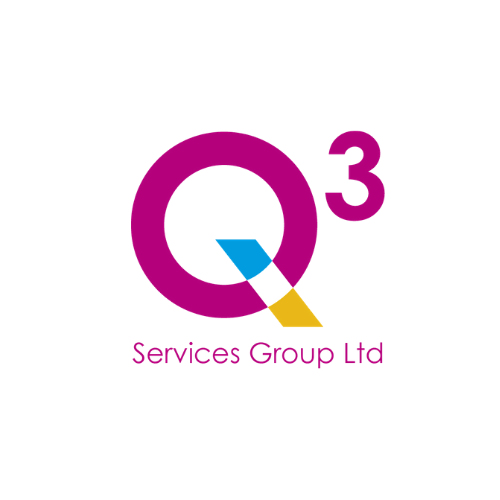
Q3 Services Group Ltd (Q3) has appointed cleaning software specialist, Clenetix, to provide ‘check in/out’ time and attendance monitoring for a national logistics company client. Clenetix’s time and attendance monitoring has been deployed at one of the logistics giant’s distribution centres on a rolling contract with Q3. The specialist software is expected to be rolled out across other sites over coming months. Clenetix was appointed because the cleaning management software was cost effective and simple to deploy, and clearly demonstrates cleaning hours delivered whilst eliminating time consuming admin. The software as a service from Clenetix also eliminates bottlenecks in the distribution centre as cleaning staff arrive at entry points making it a much more Covid-secure process. Cleaning operatives can immediately start their shift without clocking in/out, increasing productivity. Q3’s deployment of Clenetix at this national logistics company follows implementation across a number of other accounts in the retail and legal services sectors. Q3 Services Group Ltd is a boutique FM company delivering quality cleaning, maintenance and engineering, waste and environmental, onboarding, catering, security, technology and landscaping services. Mark Hazelwood, co-founder and director at Clenetix says: “We are thrilled to be working with Q3 Facilities Management providing added value to the cleaning service for their logistics client. Distribution centres are so data centric and process driven. Fact really matters and every second counts. Clenetix complements this. Saving time and making Q3’s cleaning processes more efficient with complete transparency is what our software is all about. Clenetix will help Q3 achieve significant efficiencies and improve service delivery.” Alex Gavrilovic, Solutions Director from Q3 adds: “In a period of great transformation and transition FM needs to work smarter. We’re all about redefining the FM experience and Clenetix supports us in that mission. Deploying Clenetix with our national logistics client has quickly streamlined our attendance processes, increased productivity and saved time. Technology is part of our organisation’s continuous improvement and we are pleased to be working in partnership with Clenetix to elevate our FM model.” -ends- About Clenetix Clenetix is a software-as-a-service (SaaS) solution designed especially for the cleaning industry. Delivered via mobile application, the modular solution enables time & attendance monitoring, activity tracking, task list management, quality audit management and footfall tracking. Clenetix Last Cleaned gives users up to date information about when a location was last cleaned. www.clenetix.com Media contact Sabrina Stubbs Magenta Associates Office: +44 (0)1273 934295 Mobile: +44 (0) 7743056320 Email: sabrina@magentaassociates.co About Q3 Services Group Ltd Q3 Services is a boutique FM company, with offices in the UK and Channel Islands that is changing the way clients benefit from outsourced services. We work with our partners to deliver quality cleaning, maintenance and engineering, waste and environmental, onboarding, catering, security, technology and landscaping services. We employ quality people and engage with quality clients. Entrepreneurial in spirit, Q3 has three main objectives: to boost productivity through healthier workplaces, to be open and transparent with all stakeholders and to transform the working environment for our own employees. Q3 Services Group Limited 1650 Waterside Drive, Arlington Business Park, Theale, Berkshire, RG7 4SA Website: www.q3services.co.uk Follow us on LinkedIn or Twitter Q3 Services Group Limited Registered Office: 7/8 Innovation Place, Douglas Drive, Godalming, Surrey, GU7 1JX Company Number. 11143750

Cleaning software specialist, Clenetix, launches cutting-edge software that provides ‘track and trace’ cleaning and air quality monitoring. The plug-and-play software supports Covid-secure cleaning operations and air quality ensuring they are fit for the needs of the location and footfall. The modular platform provides time and attendance monitoring, activity tracking, task list management, quality audit management and footfall tracking - this enables demand-based cleaning so cleaners can focus on the areas with highest traffic and increased risk of Covid transmission. The Clenetix app is deployed on cleaners’ smartphones and is configured to deliver specific cleaning instructions tailored to the location, whether that’s a hotel, bar, restaurant or event space, ensuring nothing is missed and the highest level of hygiene standards are maintained. The entire process is recorded so venue owners and managers can see a comprehensive record of exactly what was cleaned, and when. Clenetix’s ‘Last Cleaned’ functionality gives customers up to date information about when a location was last serviced by scanning a QR code on their smartphone. This level of transparency allows venues to demonstrate their commitment to cleanliness and increase confidence among its users. In partnership with Airthings for Business, the software’s air quality monitoring solution allows users to see live data about when there is virus risk in the air. The air quality monitoring module also gives owners and managers access to live air quality data about CO2, temperature, humidity, airborne chemicals, radon, light, occupancy, mould risk and air pressure levels. By understanding what is in the air, venue operators can make more intelligent decisions about improving ventilation and building maintenance to create a safer and healthier environment for staff and customers. The Insights Portal delivers valuable tips about how to reduce indoor air hazards, and floorplans can be uploaded for a visual overview of the air in buildings. Clenetix is a plug-and-play solution and sensors, that ‘talk’ to the mobile app, can be set up as part of a simple installation, without the need for any cabling or invasive installation. No disruption is caused to busy hospitality and leisure locations. As hospitality businesses open their doors over the coming months, Clenetix’s ability to track cleaning and monitor air quality will transform hygiene operations and elevate safety standards. The Clenetix Insights Portal provides transparent real-time data so hospitality and leisure venues can continue to operate with total assurance and peace of mind. Mark Hazelwood, director and co-founder, Clenetix said: “Many hospitality and leisure venues have been closed for so long and as much as there’s huge appetite to open, this also comes with increased risk and pressures of maintaining strict hygiene standards. The industry continues to face more tumult in the coming months. “Customers now have a heightened awareness of hygiene that is here to stay. Just because an area is free from dirt and grime, it does not mean it is sanitised and safe. Customers will be looking for evidence of cleaning measures and venues will need to be confident they can provide a safe environment and be able to demonstrate this. With hospitality and leisure venues receiving a high footfall, data-driven cleaning procedures and robust, Covid-secure measures have to be at the forefront as the sector relaunches itself.” --ends- About Clenetix Clenetix is a software-as-a-service (SaaS) solution designed especially for the cleaning industry. Delivered via mobile application, the modular solution enables time & attendance monitoring, activity tracking, task list management, quality audit management and footfall tracking. Clenetix Last Cleaned gives users up to date information about when a location was last cleaned. www.clenetix.com Media contact Sabrina Stubbs Magenta Associates Office: +44 (0)1273 934295 Mobile: +44 (0) 7743056320 Email: sabrina@magentaassociates.co


